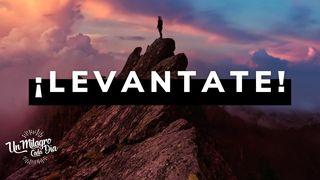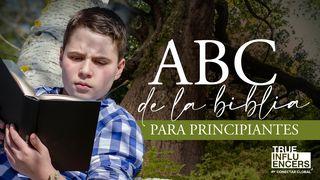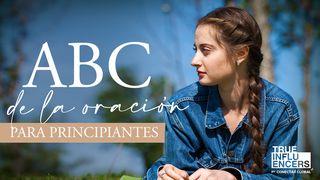Jesus In All Of LeviticusMuestra

What’s Happening?
In the last several sections we have seen a lot of laws about moral and ceremonial behavior. It may have seemed like a lot of “don’ts.” But here, we find that Leviticus also prescribes a bunch of parties, feasts, and festivals.
Remembering God Through Parties
Multiple times throughout the year, the people are commanded to hold certain community feasts or ceremonies. Each has a particular focus, but all of them are meant to cause the people to remember what God has done for him and to renew their trust in him. There are seven festivals: Passover, Unleavened Bread, Weeks, solemn rest day, Day of Atonement, Booths, day after Booths.
The Passover reminded people of the Passover lamb they ate to escape the tenth plague in Egypt.
The Feast of Unleavened Bread reminded them of their flight from Egypt when their haste gave them no time to leaven bread. It is also at this time that the firstfruits of grain are brought to God as a sign that he will bring in the rest of the harvest.
The Festival of Weeks is 50 days after the grain offering is brought to God. This is also called the Feast of the Harvest elsewhere in the Old Testament, and Pentecost in the New Testament. During this festival ample offerings are brought to God, thanking him for the harvest of food he provided.
On the first day of the important seventh month, trumpets are sounded to usher in a day of solemn rest. Then comes the Day of Atonement when all the people’s sins are dealt with for the year.
Next in the seventh month is the Feast of Booths when all the people are called to construct little tents out of palm branches and other materials to remind them of the temporary shelters they lived in after God rescued them from Egypt. Concluding the festivals each year was a day of rest, the day after the Feast of Booths.
The point of these feasts is to create holy time. Leviticus has already set up holy space, holy items, holy people, and holy behavior. But there has not yet been holy time. These periods of holy time root people in God’s saving work and renew their trust in and obedience to him.
Where is Jesus?
The New Testament explicitly ties these feasts to Jesus.
Jesus Fulfills The Parties
Jesus’ death on the cross coincides with Passover. He is the sacrificial lamb whose blood allows God’s wrath to pass us over. Christians still commemorate Jesus as the Passover lamb in the Lord’s Supper (Matthew 26:26-28).
Easter coincides with the Feast of Unleavened Bread. Jesus’ resurrection is the firstfruits of the harvest God will make from the dead. In other words, we will be raised from the dead because Jesus was raised from the dead. It’s why the New Testament says that Jesus is the “firstborn from among the dead” (Colossians 1:18).
50 days later came the Festival of Weeks, or what we know as Pentecost. While Israel was celebrating the material gifts of God in bringing the harvest, the first Christians celebrated the gift of the Spirit of God and the harvest of believers that would soon follow (Acts 2).
Jesus also brought the final Day of Atonement, when, on the cross, he paid for the sins of all who would believe in him (Hebrews 9:11). And there is a final Day of Atonement coming when a trumpet will be blown and we will be saved not only from the penalty of sin, but from the grip of our sinful flesh when Jesus returns (1 Corinthians 15:52).
Finally, Jesus fulfills the Feast of Booths. When he was entering Jerusalem on the way to the cross, people laid down palm branches and chanted, “Hosanna,” which was one of the Psalms that would have been spoken during the Feast of Booths (Matthew 21:1-11). This was to show that the final sacrifice was being made, the final Day of Atonement had come.
Like Israel was called to constantly remember what God did for them through these feasts, we must constantly, daily, remember what Jesus has done for us in his death, burial, and resurrection. If we don’t, we will fall victim to the same fate as the man stoned to death in the story right after these feasts are described. Remembrance is the cure to blasphemy and sin.
May your days be steeped in holy time.
See For Yourself
I pray that the Holy Spirit would give you eyes to see the God who not only saves his people but then gives them tangible ways to remember his salvation. And that you would see Jesus as the fulfillment of all God’s saving ways so that you might remember him today and every day hereafter.
Escritura
Acerca de este Plan

How can we live in God’s presence? We find the answer in the book of Leviticus. If we are ever to dwell with God, we must become like God; we must be holy as he is holy. That is why Jesus took on our sins to make us holy like him. This plan will show you Jesus in every passage of Leviticus to more clearly see this beautiful truth.
More
Planes relacionados

Que El Mundo Crea

1 Tesalonicenses: Modelos a imitar

¡Levántate! 7 Claves Para Levantarte Y Seguir.

Confiando en Los Propósitos De Dios

ABC De La Biblia Para Principiantes

ABC De La Oración ... Para Principiantes.

Testigos Del Milagro: La Primera Navidad
